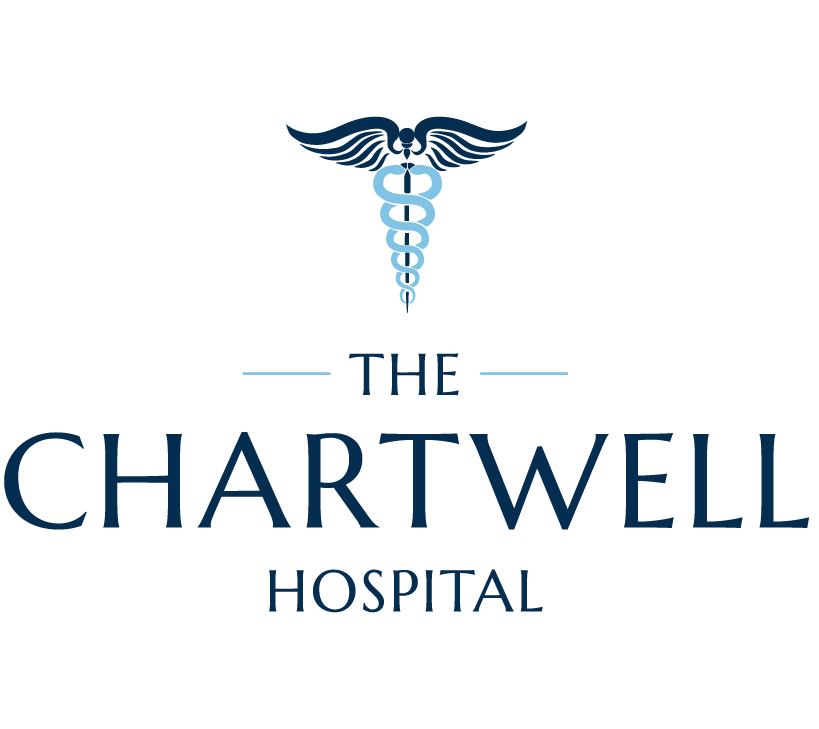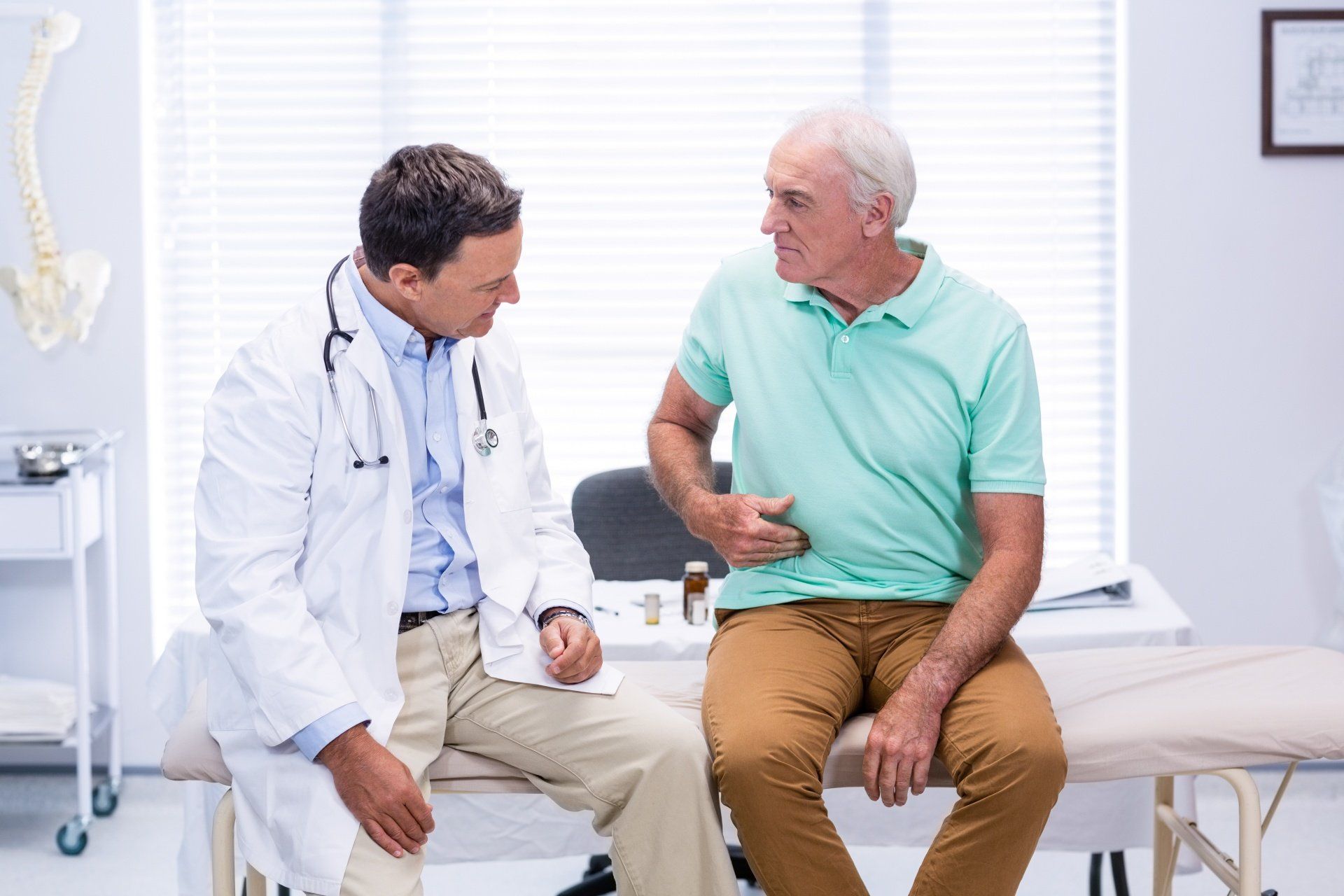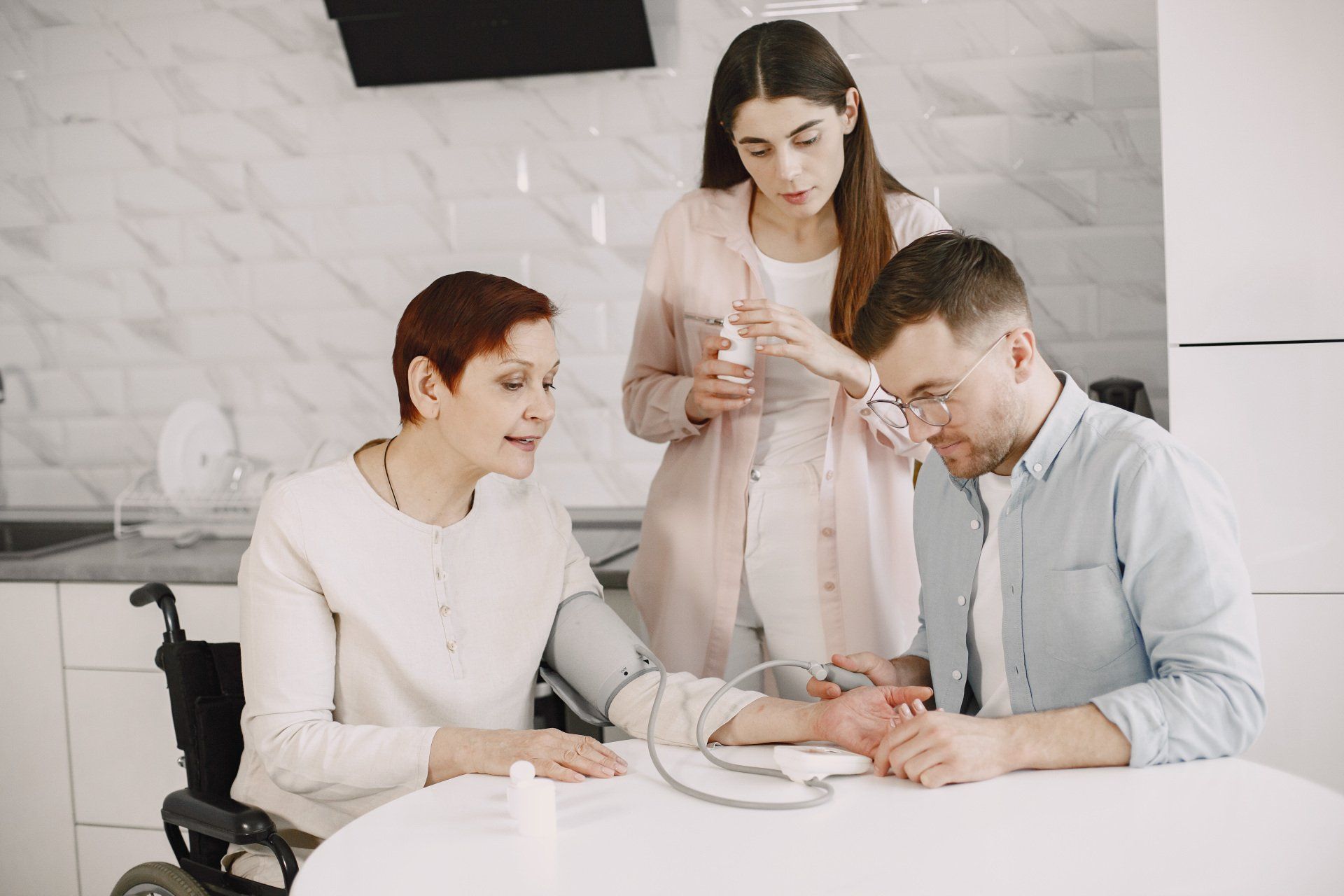Early Crohn's Disease Testing in London
Expert care for Your Gastrointestinal Problem - Free Consultations

Crohn’s disease is an inflammatory bowel disease that causes chronic inflammation and swelling of the tissues of your digestive tract, which can lead to abdominal pain, severe diarrhea, fatigue, weight loss and malnutrition.
Crohn’s disease causes inflammation in the digestive tract. The inflammation may start in any part of the digestive system but most often affects the end of the small intestine and beginning of the large intestine. The inflammation usually appears long before any symptoms and can begin anywhere in the digestive system, not just the lower part of your GI tract. Sometimes Crohn's disease can be both painful and debilitating, maybe also life-threatening complications.
Crohn’s Disease

Why do I need Endoscopy?
Our consultants will often recommend endoscopy to evaluate:
- For early cancer detection
- Stomach pain
- Ulcers, gastritis, or difficulty swallowing
- Digestive system bleeding
- Changes in bowel habits (chronic constipation or diarrhea)
- Polyps or growths in the colon
- Weakness or fatigue
- Unexplained weight loss
There are 5 different types of Crohn’s disease, which are categorized based on which gas the microbes are producing in your small intestine.
- Ileocolitis: Inflames the end of the small intestine (ileum) and a portion of the large intestine (colon)
- Ileitis: Inflames the last section of the small intestine (ileum)
- Gastroduodenal Crohn’s: Inflames the stomach and the start of the small intestine (duodenum)
- Jejunoileitis: Inflames the middle part of the small intestine (jejunum)
- Jejunoileitis: Inflames the middle part of the small intestine (jejunum)
Types of Crohn’s disease

There are 5 different types of Crohn’s disease, which are categorized based on which gas the microbes are producing in your small intestine.
- Ileocolitis: Inflames the end of the small intestine (ileum) and a portion of the large intestine (colon)
- Ileitis: Inflames the last section of the small intestine (ileum)
- Gastroduodenal Crohn’s: Inflames the stomach and the start of the small intestine (duodenum)
- Jejunoileitis: Inflames the middle part of the small intestine (jejunum)
- Jejunoileitis: Inflames the middle part of the small intestine (jejunum)
Types of Crohn’s disease
Symptoms of Crohn’s disease can differ depending on the type of Crohn’s and what part of the digestive tract is affected.
- Diarrhea
- Abdominal cramps
- Blood in your stool
- Fever
- Fatigue
- Loss of appetite
- Weight loss
- Feeling as if your bowels aren’t empty after a bowel movement
- Feeling a frequent need for bowel movements
Symptoms of Crohn’s disease

Sometimes, Crohn’s disease can lead to serious complications.
- Abscess: Infected fluid collection in a tissue cavity
- Anemia: Over time, this can be caused by blood loss in the stool or lack of iron or vitamin B12
- Bone loss: People with inflammatory bowel disease (IBD)—like Crohn’s—often have decreased vitamin D, which can lead to bone loss
- Bowel obstruction: Crohn’s affects the thickness of the intestinal wall, and over time parts of the bowel can scar and narrow—which may block the flow of digestion
- Fissures: Tears in the anus lining which can cause pain and bleeding (especially during bowel movements)
- Fistula: Abnormal tunnels that form between 2 structures of the body which are caused by inflammation
- Increased risk of colon cancer: Long-term inflammation of the colon can lead to colon dysplasia
- Malabsorption and malnutrition: This includes deficiency of vitamins and minerals—specifically, inflammation of the small intestine can decrease absorption of iron and vitamin B12
- Perforated bowel: Chronic inflammation can weaken the intestinal wall to the extent that a hole develops
- Stricture: Narrowing of the intestine, resulting from chronic inflammation
- Ulcers: Chronic inflammation can lead to open sores (ulcers) anywhere in your digestive tract—from the mouth to anus
What Are Complications of Crohn’s Disease?

What Are Complications of Crohn’s Disease?
Sometimes, Crohn’s disease can lead to serious complications.
- Abscess: Infected fluid collection in a tissue cavity
- Anemia: Over time, this can be caused by blood loss in the stool or lack of iron or vitamin B12
- Bone loss: People with inflammatory bowel disease (IBD)—like Crohn’s—often have decreased vitamin D, which can lead to bone loss
- Bowel obstruction: Crohn’s affects the thickness of the intestinal wall, and over time parts of the bowel can scar and narrow—which may block the flow of digestion
- Fissures: Tears in the anus lining which can cause pain and bleeding (especially during bowel movements)
- Fistula: Abnormal tunnels that form between 2 structures of the body which are caused by inflammation
- Increased risk of colon cancer: Long-term inflammation of the colon can lead to colon dysplasia
- Malabsorption and malnutrition: This includes deficiency of vitamins and minerals—specifically, inflammation of the small intestine can decrease absorption of iron and vitamin B12
- Perforated bowel: Chronic inflammation can weaken the intestinal wall to the extent that a hole develops
- Stricture: Narrowing of the intestine, resulting from chronic inflammation
- Ulcers: Chronic inflammation can lead to open sores (ulcers) anywhere in your digestive tract—from the mouth to anus
Early Screening & Diagnosis of Crohn’s Disease
Crohn’s disease is diagnosed with patient history and physical examination, along with tests to look for signs and symptoms of Crohn’s disease and rule out other medical conditions. Tests may include:
Colonoscopy: Your doctor may suggest colonoscopy if there are changes in polyps or precancerous
Upper Endoscopy: This helps the doctor examine esophagus, stomach and the upper small bowel called the duodenum
Small intestine imaging: Which includes Fluoroscopic X-ray, Computed tomography (CT) scan and Magnetic resonance imaging (MRI) scan
Laboratory tests of blood and stool

You can book your Free Consultations with our GP on the same day or other day based on your availability.
At Chartwell, we provide Free Consultations to patients with a highly experienced Medical Practitioner to understand the sign and symptoms of Crohn’s Disease.
During Free Consultations, our practitioners will discuss the Crohn’s symptoms you have, and the practitioner will advise the tests you need.
If you already have a referral from NHS
If you have a referral from your GP stating the test required, please send the referral to our team, once received a member of our team will contact you by telephone to arrange your test.
Crohn’s Disease Screening Cost:
Prices detailed below:
Menu
A FREE 30 minute video consultation
Colonoscopy & Gastroscopy
Includes: FBC, U&Es, LFT, Bone, CRP
The procedure includes a medical report, the results of any biopsies taken, and a face to face follow up consultation on the day of your procedure.

Free Consultations:
We at Chartwell provide Free Consultations with our highly qualified practitioners for our patients.
Same Day Consultation:
You can Book Your Free Consultations with our Practitioner on same day or based on your availability.
Post Opp Care:
Our staff are on hand before, during and after your procedure, routinely assessing your condition.
Interest Free Credit:
Can't pay today? No problem! At Chartwell, we want you to be able to have the best option for our patients, so we offer a range of interest free options.
Why Chartwell Hospital
Free Consultations:
We at Chartwell provide Free Consultations with our highly qualified practitioners for our patients.
Same Day Consultation:
You can Book Your Free Consultations with our Practitioner on same day or based on your availability.
Post Opp Care:
Our staff are on hand before, during and after your procedure, routinely assessing your condition.
Interest Free Credit:
Can't pay today? No problem! At Chartwell, we want you to be able to have the best option for our patients, so we offer a range of interest free options.
Why Chartwell Hospital
Free Consultations:
We at Chartwell provide Free Consultations with our highly qualified practitioners for our patients.
Same Day Consultation:
You can Book Your Free Consultations with our Practitioner on same day or based on your availability.
Post Opp Care:
Our staff are on hand before, during and after your procedure, routinely assessing your condition.
Interest Free Credit:
Can't pay today? No problem! At Chartwell, we want you to be able to have the best option for our patients, so we offer a range of interest free options.
Why Chartwell Hospital
-
How serious is Crohn's disease?
Crohn's disease can be both painful and debilitating, and sometimes may lead to life-threatening complications. There's no known cure for Crohn's disease, but therapies can greatly reduce its signs and symptoms and even bring about long-term remission and healing of inflammation.
-
Do you offer online doctor appointments?
Yes, we provide 30 minutes FREE consultations to patients via video consultation. You can discuss your health issues and the disease symptoms, and you will be advised on tests you need to investigate the disease further.
-
Do you have waiting lists?
No, we provide FREE consultation on the same day or some other day based on your availability.
-
Does Crohn's get worse with age?
One reason for this is the damage that long-lasting inflammation can do to your digestive tract. To stop that from happening, your doctor will try to get your condition under control early on.
FAQs: